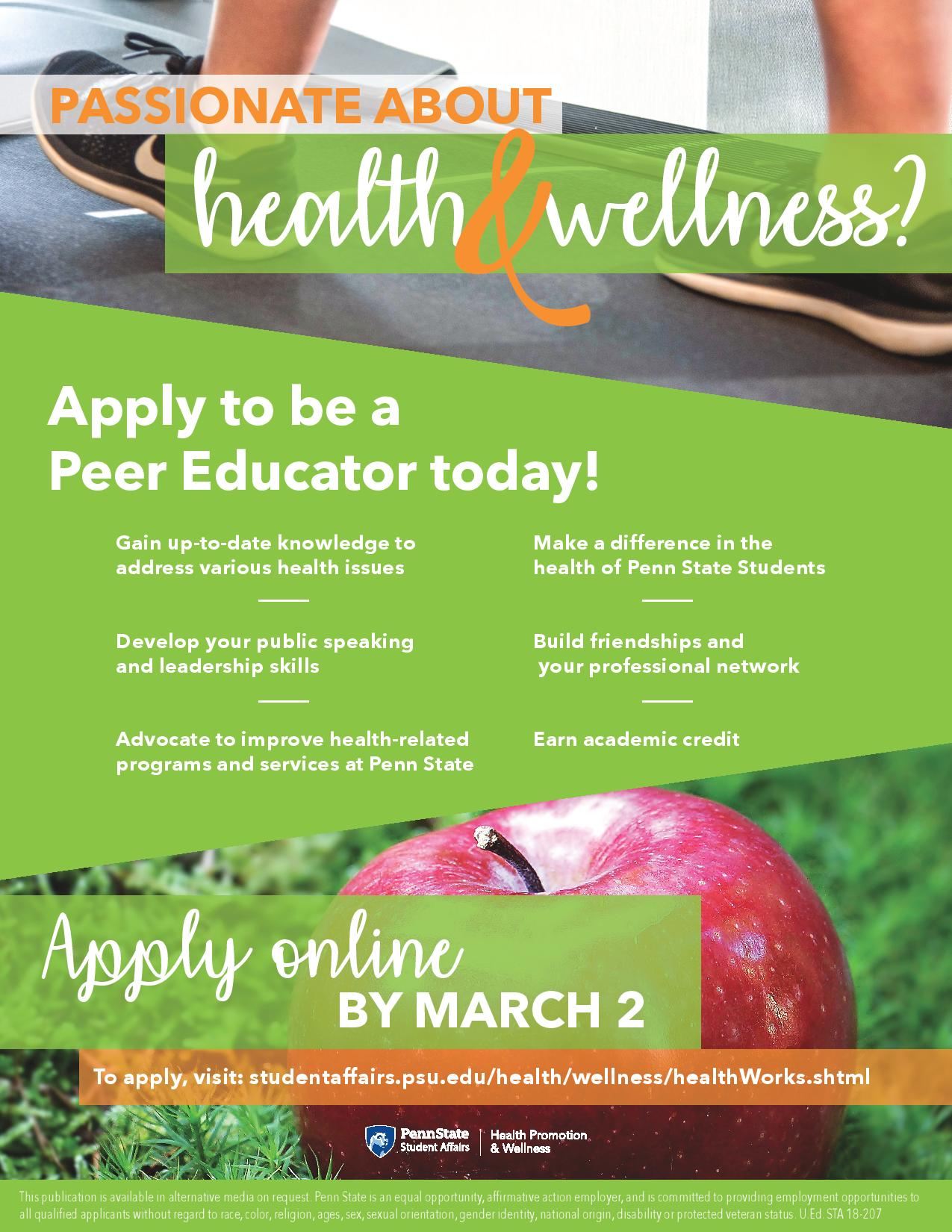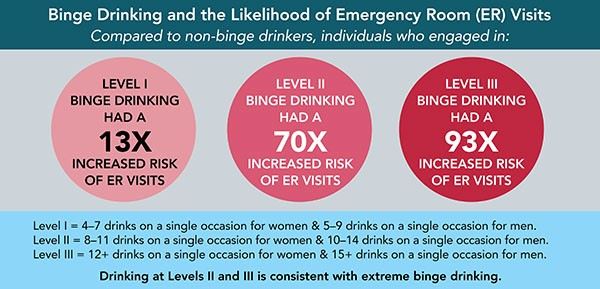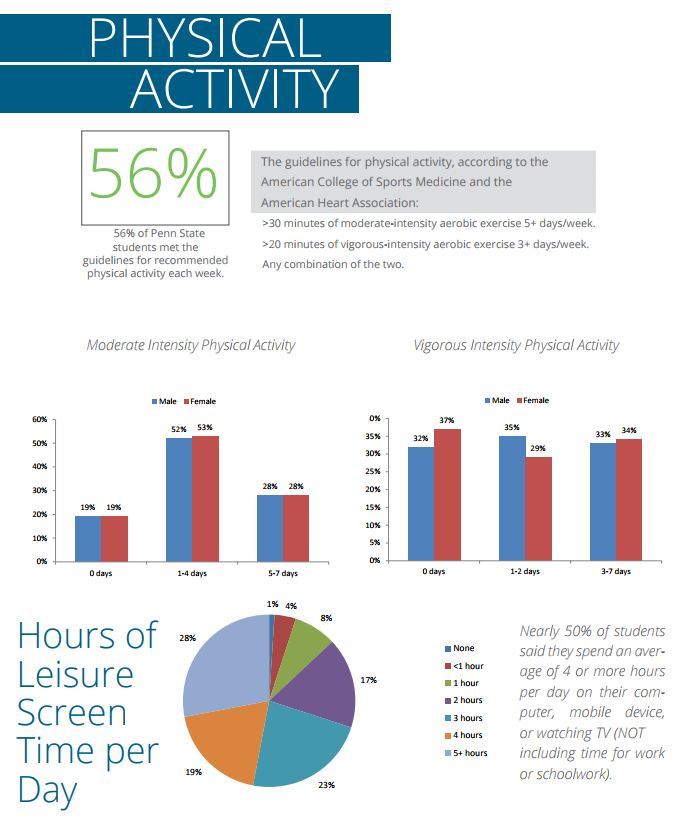Environmental Wellness: What It Is, Why It’s Important, and How to Cultivate It
What does it mean to have Environmental Wellness? Environmental wellness is about having a connection with the earth. This means you actively work to preserve and protect the planet and help make it a clean and safe place to live (1). This includes protecting yourself from environmental hazards such as air pollution, ultraviolet radiation in the sunlight, chemicals, noise, water pollution, and second-hand smoke (2).
Why is Environmental Wellness important?
If the environment isn’t healthy, then humans and other creatures cannot thrive. Human beings have the greatest impact on the earth’s resources (e. g., air and water) than any other creatures. It’s up to us to make sure we’re engaging in behaviors that foster sustainability and are ecologically friendly. Also, having a healthy and clean environment contributes to your overall physical and mental health (2).
How do you cultivate Environmental Wellness?
Protect and preserve the environment by reusing and/or recycling paper, glass, plastic, and metal. Understand that natural resources are not limitless (2). Buy less stuff (e. g., clothing, electronics). Reduce trips in the car by walking, taking the bus, or riding a bike to work, class, and the store. Use natural cleaning supplies. Reduce your use of paper; don’t print things unless you need to. Make sure your living space is clean and free of the environmental hazards listed above.
Share examples of how you reduce your impact on the planet with #healthypsu
References
- UC Davis Worklife and Wellness: http://wellnesschallenge.ucdavis.edu/environmental.html
- University of California, Riverside Wellness: http://wellness.ucr.edu/environmental_wellness.html





